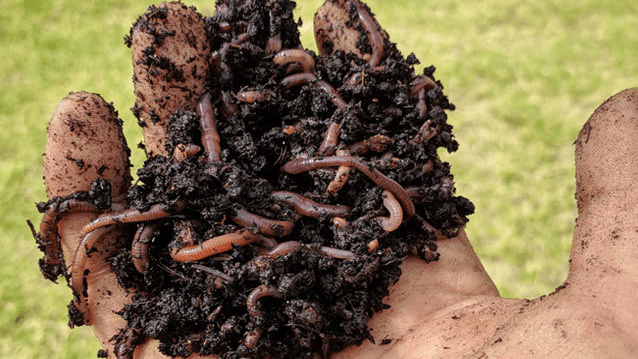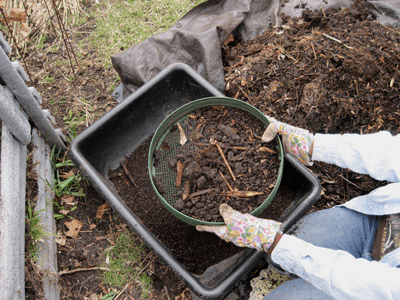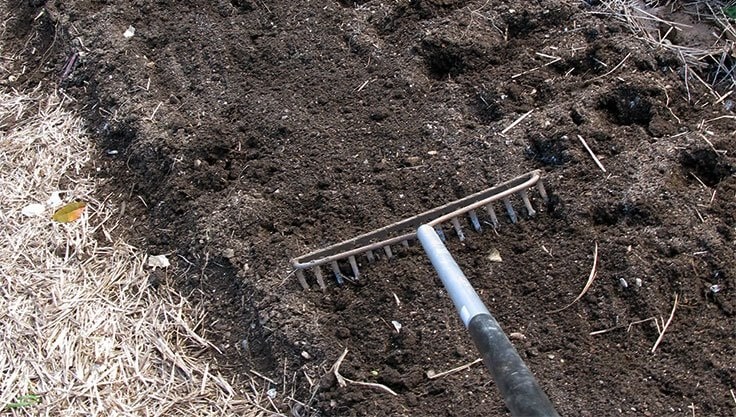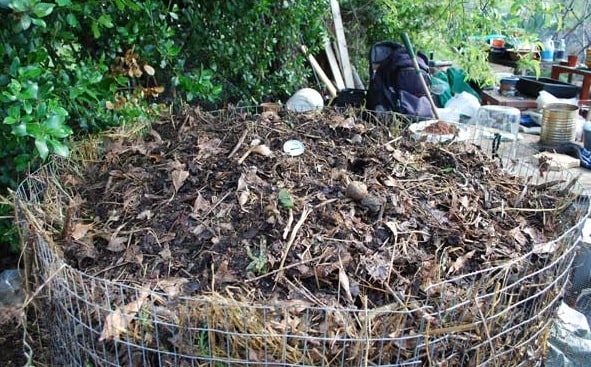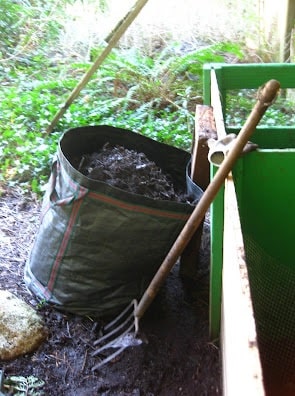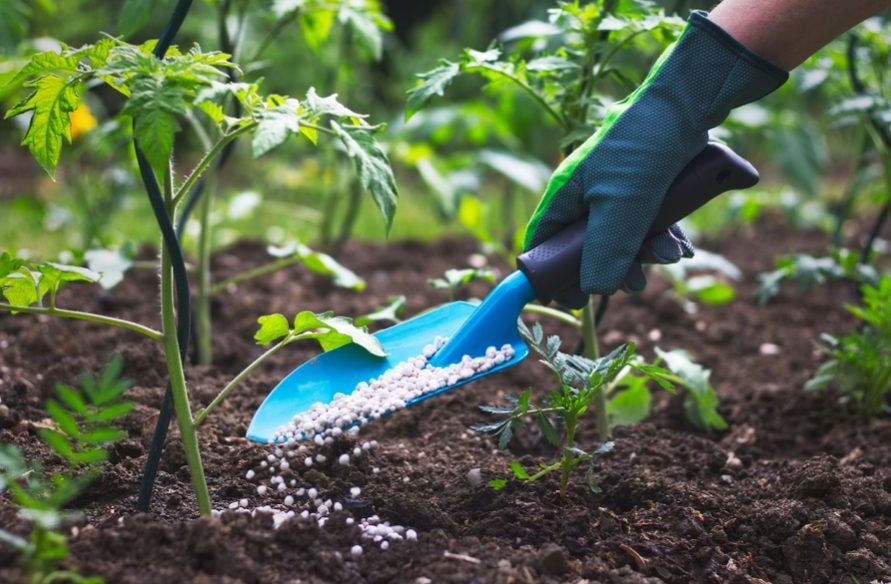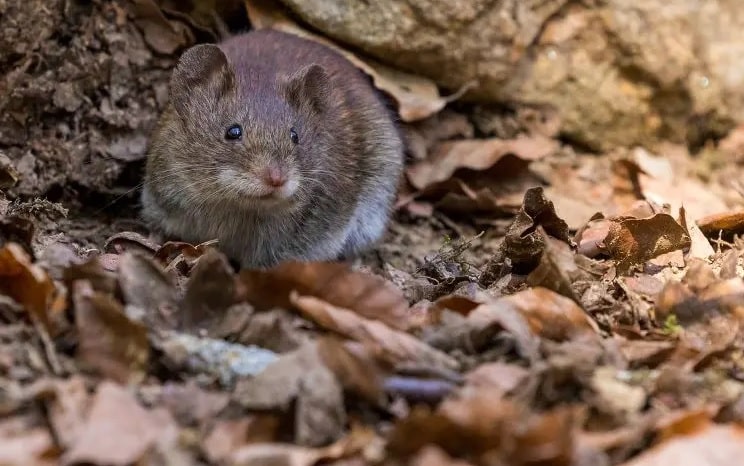Unlike your (former) fussy garbage can, the composter, whether indoor or outdoor, does not digest everything. So what to put or not to put in your compost bin to avoid odors, gnats, and get a great fertilizer? Here are 10 things to avoid throwing into your compost to keep it healthy.
The art of composting is more tolerable outdoors than indoors (vermicomposting). That said, there are a few foods that you should never compost, regardless of what you have in your compost bin, so that it can start the decomposition process in the best way. Here is the black list of foods or products that should never be thrown into your compost bin, otherwise it will get sick. Avoid indigestion!
1/ Meat and fish scraps
Meat and fish scraps, shellfish and other animal products are not very good for keeping compost fresh and available! Avoid, and finish your leftovers. To limit food waste and the use of the garbage can, give preference to pieces of meat without bones or fat when buying them. That way, you won’t have to throw anything away.

2/ Dairy product waste
Your compost bin is 100% vegan, respect its convictions! Like meat or fish, dairy products (butter, milk, cheese and their rinds…) are also foodstuffs that should never be thrown into your compost.
3/ Leftover cakes and cookies
Bakery items are more or less sweet, and will only attract pests. A few crumbs will pass, but not half a cake! Again, limit waste and try to finish your leftovers. It would be a shame to throw away that orphaned chouquette…
4/ Oils and fats
Fats and oils will not fit well in your compost. Indeed, it needs humidity to decompose the elements you throw away, and, as you know, oil and water don’t mix well (at least they don’t mix)…
5/ Bamboo toothbrushes (with handles) are compostable
Bamboo toothbrushes are often not fully compostable. Although it is not always indicated, their bristles are generally not biodegradable and it is necessary to eliminate them before throwing them in the compost. Save your bin from a difficult digestion!

6/ Bioplastic bags supposedly biodegradable
The era of plastic seems to be coming to an end, but many materials claim to replace it while being biodegradable… However, it would be better not to compost those cornstarch bags that your baker graciously offered you when you realized that you had forgotten your bulk bags!
7/ Compost only fruit and vegetable peelings
Even if peelings are an excellent meal to feed your composter, wet organic waste alone will not ensure a healthy compost. In fact, compost needs to be fed by alternating dry and wet green waste to balance the texture of the final compost. So alternate fruit and vegetable peelings with dead leaves, twigs or pieces of compostable cardboard. Compost that is too wet encourages the proliferation of midges. On the other hand, compost that is too dry is not recommended either. It’s all about balance!
8/ Too many citrus peels (lemons, oranges, grapefruits…)
Citrus fruits have a thick and acidic skin. These peels take time to degrade in nature and may lower the pH of your compost. You can compost small pieces (cut up) of lemon or orange from time to time, but not too often. Use them instead to scent your homemade household products!
9/ Sick or dead plants
Green plants (and other varieties) that you have seen tragically perish before your eyes, infested with insects or aphids, are not a good composting material. Don’t risk spreading disease in your compost!
10/ Treated lawn clippings
Lawns treated with pesticides or herbicides can be composted, but in small quantities. Obviously, it is better to avoid spraying your lawn with toxic products… If you do, you will have to wait a few weeks for the grass to dry out and for the concentration of chemicals to drop before composting it.



